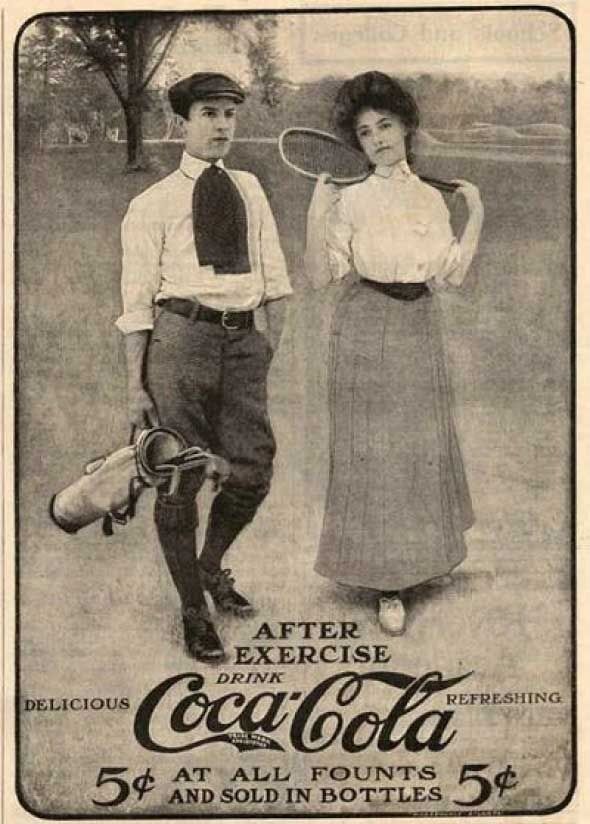So why the change? Well, conditions for free chat time was constantly changing. Each amendment left me more and more short-changed than the last.
Then came the time for what is probably the third most grand announcement one will ever make in their lifetime “I HAVE A NEW NUMBER!” (after “I’M GETTING MARRIED!” AND “I’M HAVING A BABY!”).
But I decided not to. I realised that, just like the mobile phone provider, the people in that sim card stopped being beneficial to me. It’s not that I only associate with people whom I can use, it’s just that we stopped bringing out the best in each other. It’s not that I doubt my friendship with them was once great and wonderful, but that we’ve both changed.
According to Lifehack
“sometimes in life, it is necessary to let go of people that no longer serve as a support, but instead lead to stress and to problematic situations commonly referred to as “drama”. It is a hard truth to accept that not all the people that come into our lives are meant to stay.”Though I’m not recommending that everyone should change their mobile numbers, there’s a host of other (braver) ways of breaking up with friends.
First, make a list containing why you think you shouldn’t be friends with this person anymore. According to wikiHow, common reasons include:
- [Taking] advantage of your good nature: is possessive, bullies, manipulates or makes you feel guilty
- One friend gets into habits that you don't agree with
- Your friend is only concerned with him/her self, and never pauses to think about anyone else
- S/he leans on you, but can't take the time to help you with your problems
- Your 'friend' says belittling/insulting things to or about you
Writing things down clears the head and can either (1) make you realise you’re overreacting, or (2) it might confirm your decision to break up with that person. If the latter prevails - spend less time with them. “Cut your conversations a little shorter, or mak[e] yourself less available to hang out… [and] don't agree to plans” (wikiHow).
Then comes the hard part, the part that most of us try to avoid: talk to them about it. However, “sending a letter or an e-mail might spare your friend some embarrassment, and save you the face-to-face awkwardness [but] it can also make you look… wimpy and weak” (wikiHow). It clears misconceptions on both sides about what went wrong, instead of gossiping to and involving mutual friends.
So what if you’re on the receiving end of the break-up? According to Dinorah Blackman, “Take the time to seriously and honestly evaluate your attitude. Maybe you need to work on some unattractive aspect of your personality or maybe you just have the bad habit of surrounding yourself with people that do not really appreciate you.”
What do you think? Share your thoughts and experiences by commenting – and remember that you can do so anonymously!
Love, Noeline
xox























